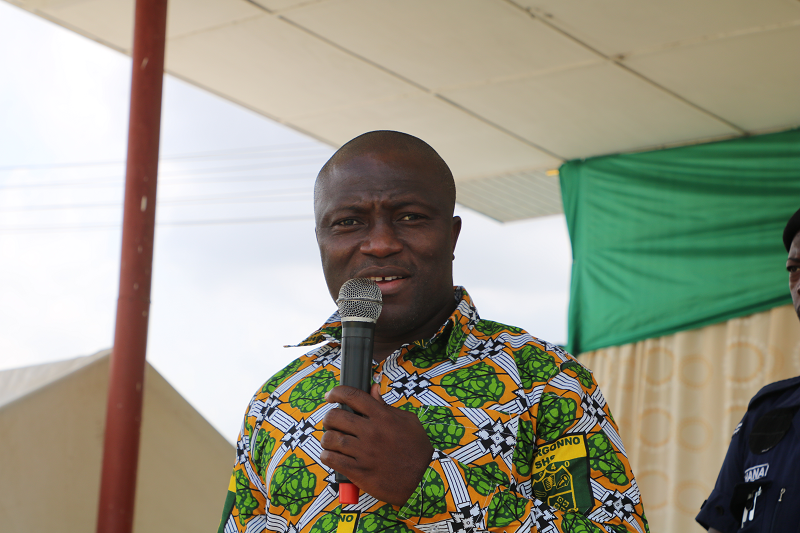FLASHBACK: AMA spent GH¢1.5 billion to desilt Accra drains - Mayor
)
According to the Accra Mayor, Mohammed Adjei Sowah, the government investing GH¢1.5 billion to desilt the drains has paid off, leading to no flood incidents in Accra.
He said "We've spent close to GH¢1.5billion desilting drains and that’s why you don't see floods in Accra.
"It rained just about yesterday or so and you didn't see flood but I cannot guarantee tomorrow, because, if I continue to desilt and dredge the drains and you also continue to dump the refuse into it, tomorrow when it floods, do not come and blame me."
"That's why I said that it's a responsibility of all of us, once we agree to that and we work towards that then it can be assured that we will not have floods in this particular rainy season and we will be working towards making sure that Accra again becomes very clean.
"It is a vision which is achievable; it's a vision which is doable when collectively we put our heads together," stating that AMA is making efforts to conquer refuse and have as a result cleared many heaps of refuse in the city.
"When I assumed office, I came to meet over 42 heaps of refuse in Accra, today, you don’t find the heaps of refuse that you see in Accra but we admit that there are pockets of some refuse that you see occasionally at several places that we are also working towards it," he noted.
It's one year after the AMA spent GH¢1.5 billion to desilt drains in Accra but no permanent solution has been found to the perennial flooding.
Meanwhile, in April 2019, the government has allotted GH¢197 million for the desilting of choked drains and other drainage works in the country.

The Minister for Sanitation and Water Resources, Cecilia Dapaah said the contract for the works has already been awarded.
"It looks like we are having early rains and the country must be prepared for the force majeure. We must be grateful to God for rains, unfortunately, rains can also cause havoc," she said.
)
)
)
)
)
)
)
)
)
)
)
)